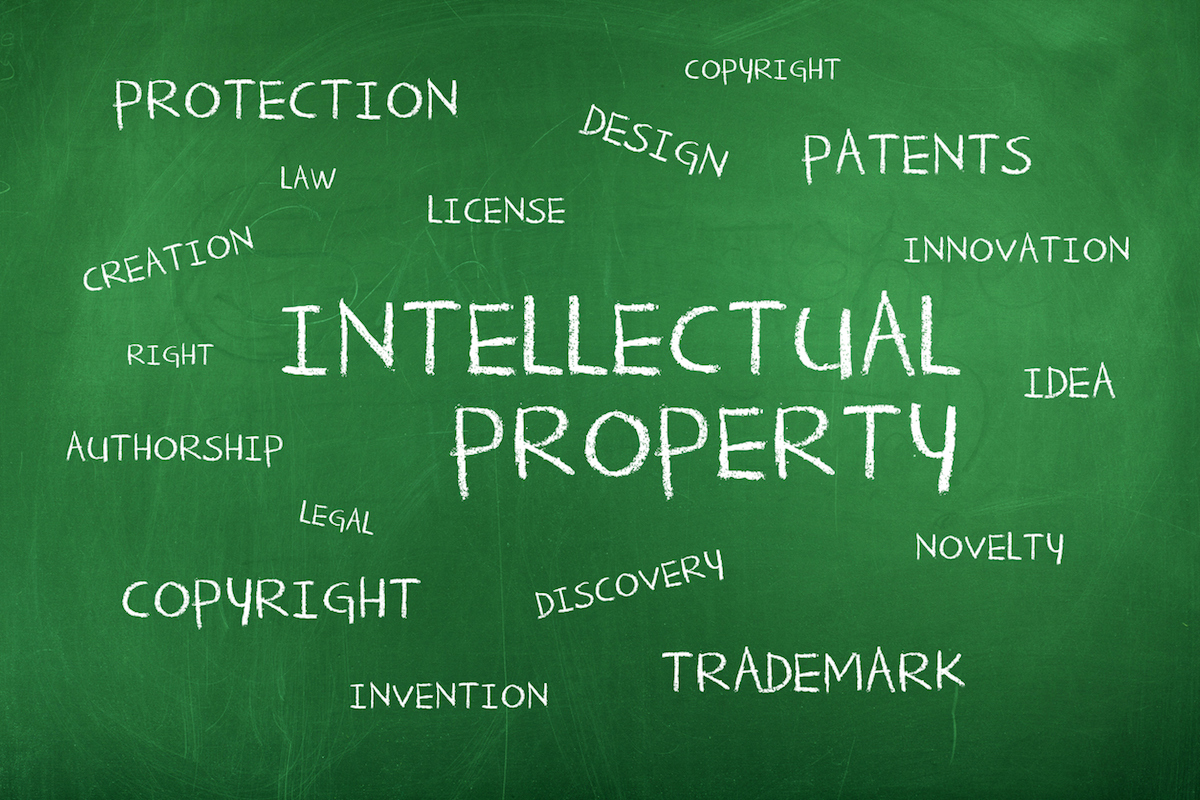
Invention of Swiss and European patents in Neuchâtel
What is a utility patent?
In counterpart, the owner of the patent has to disclose his invention in the patent in a sufficiently clear and complete manner for a “man skilled in the art” (i.e. a man who is a specialist in the technical field in question) such that he is able to understand and implement the invention on the basis of the disclosure.
It has to be kept in mind that “exclusive right of exploitation” does not necessarily means “freedom to operate”. It may happen, indeed, that a third party owns a prior patent having a broader scope than a subsequent patent held by another party, protection of this broader patent encompassing the subject-matter of the subsequent patent. Thus, even if the other party is the only one who has the right to exploit the object of his subsequent patent, he cannot do so without the prior consent of the third party who owns the prior patent with a wider scope.
Functions of a patent
The patent owner has an advantage on the market insofar as he can prohibit his competitors from using the corresponding new technology, or he can require them to pay (license agreement) in order to be allowed to use it.
The patent may also be used as part of an economic strategy or a business strategy of the company.
A patent, or indeed a patent portfolio, which is technically or commercially relevant with respect to a particular technology can also be an excellent lever in licensing negotiations with a competitor in order to generate cross-licences.
